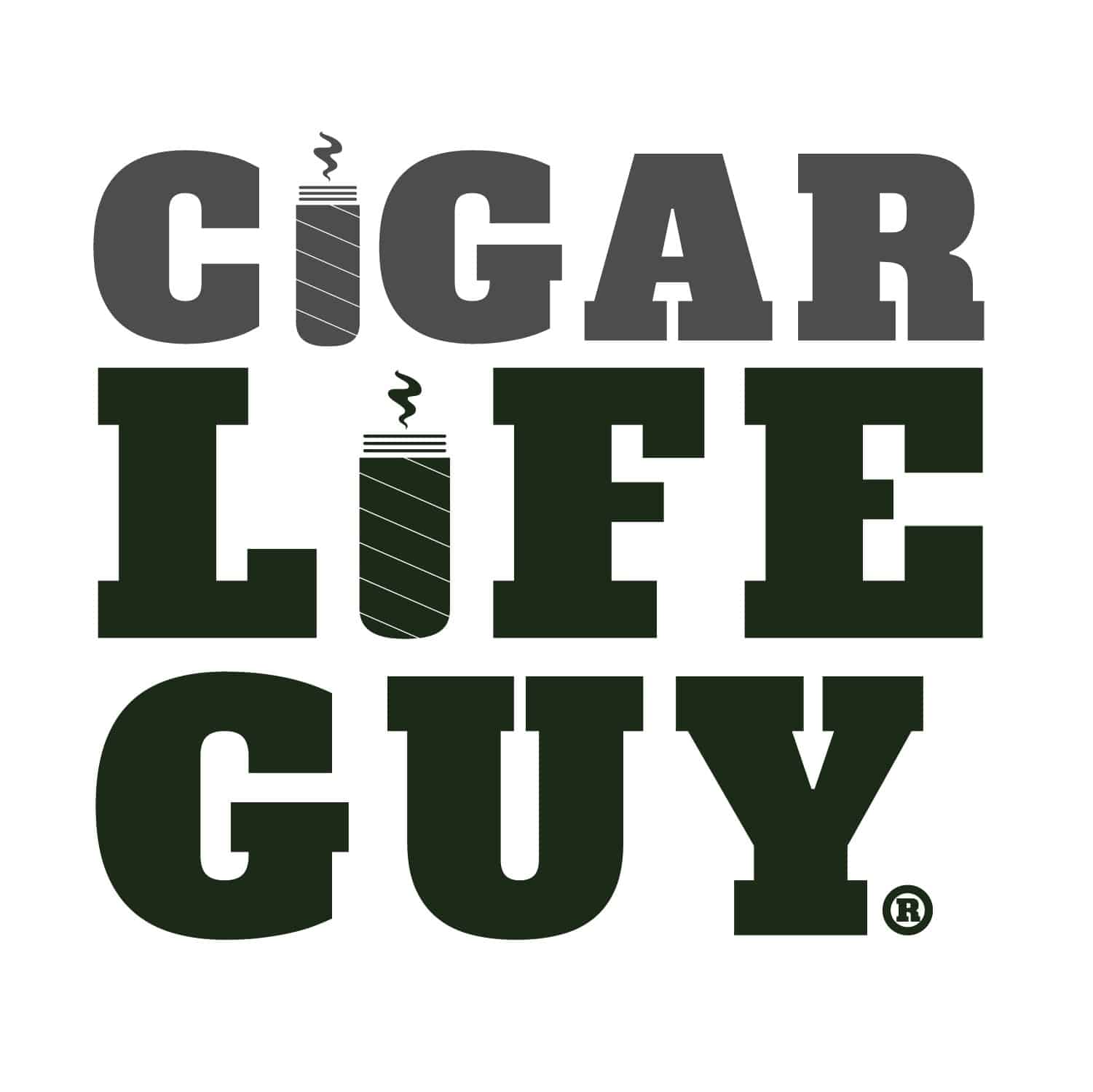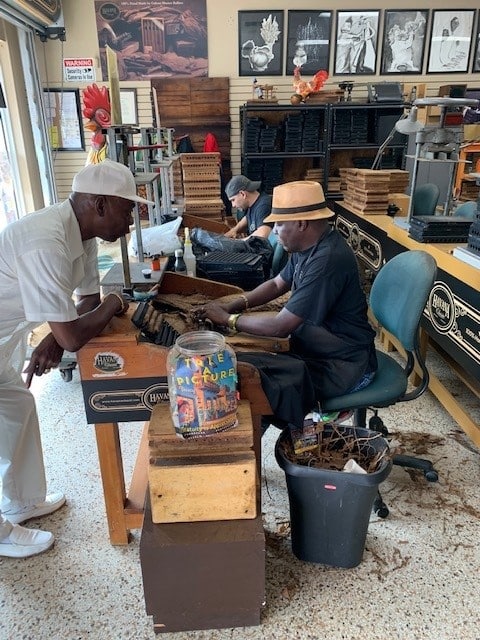An increase in fine dining gave rise to the wine sommelier — experts who spend years training and tasting. The sommelier’s authoritative knowledge of taste profiles and provenance is well-known around the world. , and wine lovers rely on their expertise to pair vintage wines with meals. However, wine is not the only luxury industry that employs skilled professionals. In recent years, the cigar industry has encouraged its own version of the sommelier — the tobacconist.
Just as fine wines are cultivated in different regions and from different varieties of grapes, premium cigars also are grown in different regions and from a variety of tobacco leaves. The boom in the 1990s created an influx of boutique lines, aged tobaccos, and unique blends. As the legitimacy of the cigar industry grew, the necessity for experts increased, especially in the service industries. Whether you’re new to the cigar world or looking to brush up on your knowledge, there are educational programs designed for everyone. Here is everything you need to know about becoming a cigar authority.
A Need for Knowledgeable Employees
If you are an experienced smoker, you more than likely buy your sticks at a local cigar shop. Seasoned retailers and their employees are knowledgeable smokers. Most have traveled to Honduras, Nicaragua, and the Dominican and seen the production and construction of cigars up close. Like the wine sommelier, they are specialists. Their primary business is fine cigars. However, the increasing popularity of the cigar lifestyle has seen cigars offered at a variety of venues, including hotels, casinos, and restaurants. Naturally, the need to train employees in the world of premium cigars is necessary if they are to do justice to the industry.
The cigar industry continues to attract more smokers and expand to more venues. Classes and certification programs are relatively new, but there are several schools and online courses that provide an education on top-shelf cigars.
Like wine, premium cigars are a luxury item and they are curated from age-old techniques. Understanding the delicate construction of cigars, the variety of exterior wrappers, and the way shape affects how they smoke are part of the cigar curriculum. From understanding how tobacco leaves grow to the art of rolling, and of course, understanding the variety of tastes and flavor profiles, knowing the basics is essential for hobbyists and professionals alike.
Tobacconist Certification
Tobacconist University and the International Association of Cigar Sommeliers give the art of cigar-making and cigar lifestyle the credibility it deserves. They provide coursework and certifications for amateurs and aficionados.
Tobacconist University offers several classifications to choose from.
If you’re a novice or even a seasoned veteran cigar smoker, Tobacconist University offers the nonprofessional certification: Certified Consumer Tobacconist. The CCT certification caters to the average enthusiast who wants to brush up or expand on their knowledge cigars.
The Certified Retail Tobacconist certification is for employees of retail shops. The coursework entails all things cigar-related, from cutting and lighting to cigar shapes and etiquette. A CRT certification provides the basic credentials for working in cigar retail.
There’s also the Certified Cigar Sommelier Tobacconist course. It tailors to the hospitality industries, like golf courses, casinos, and hotels. The CCST certification is limited to participating companies but provides a thorough cigar education, focusing on the fundamentals, food and drink pairings, and enhancing the overall appreciation of cigar life.
If you’re looking to break into the industry as a sales representative, then the Certified Salesforce Tobacconist program might be the best choice. The CST certification is best for those who work in cigar sales, directly or indirectly. These are usually folks who often perform work for a specific brand or company.
Finally, the Certified Master Tobacconist is the highest level of achievement you can attain. The program is open to you if you already hold a CCT or CCST certification. Furthermore, it requires hours of working with cigar makers and retailers, so you can’t just sign up for it without first meeting the prerequisites.
All certifications require you to pass an exam. You also must uphold the Tobacconist University standards and ethics, and maintain the integrity of the industry. As a certified tobacconist, you are an ambassador of the cigar lifestyle.
Teaching Yourself
Cramming for a final exam on premium cigars is probably the most enjoyable test you’ll ever prepare for. Yet, if you don’t have the time, you can learn a lot on your own. Don’t be afraid to ask questions. A cigar sommelier may sit next to you at your local lounge. An experienced smoker knows the ins and outs of cigar life.
You can also taste around. Keep a smoke journal and catalog the cigars you try. Notice the delicate construction of figurado. Consider the distinct flavor profiles of the next Sun Grown or Maduro you smoke. Remember, the best part of a cigar education is sampling the coursework.
Photo credit: Cigar Life Guy


